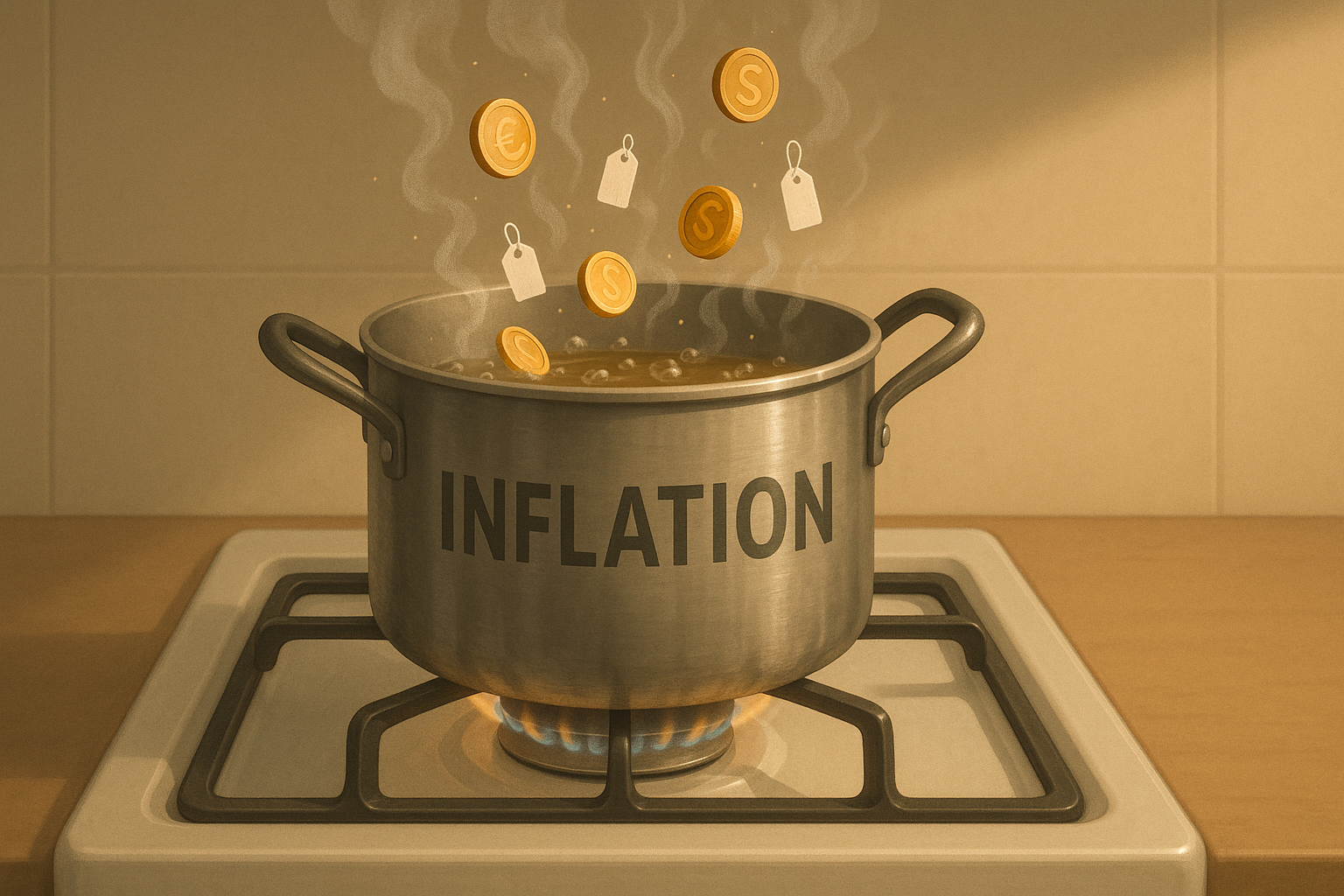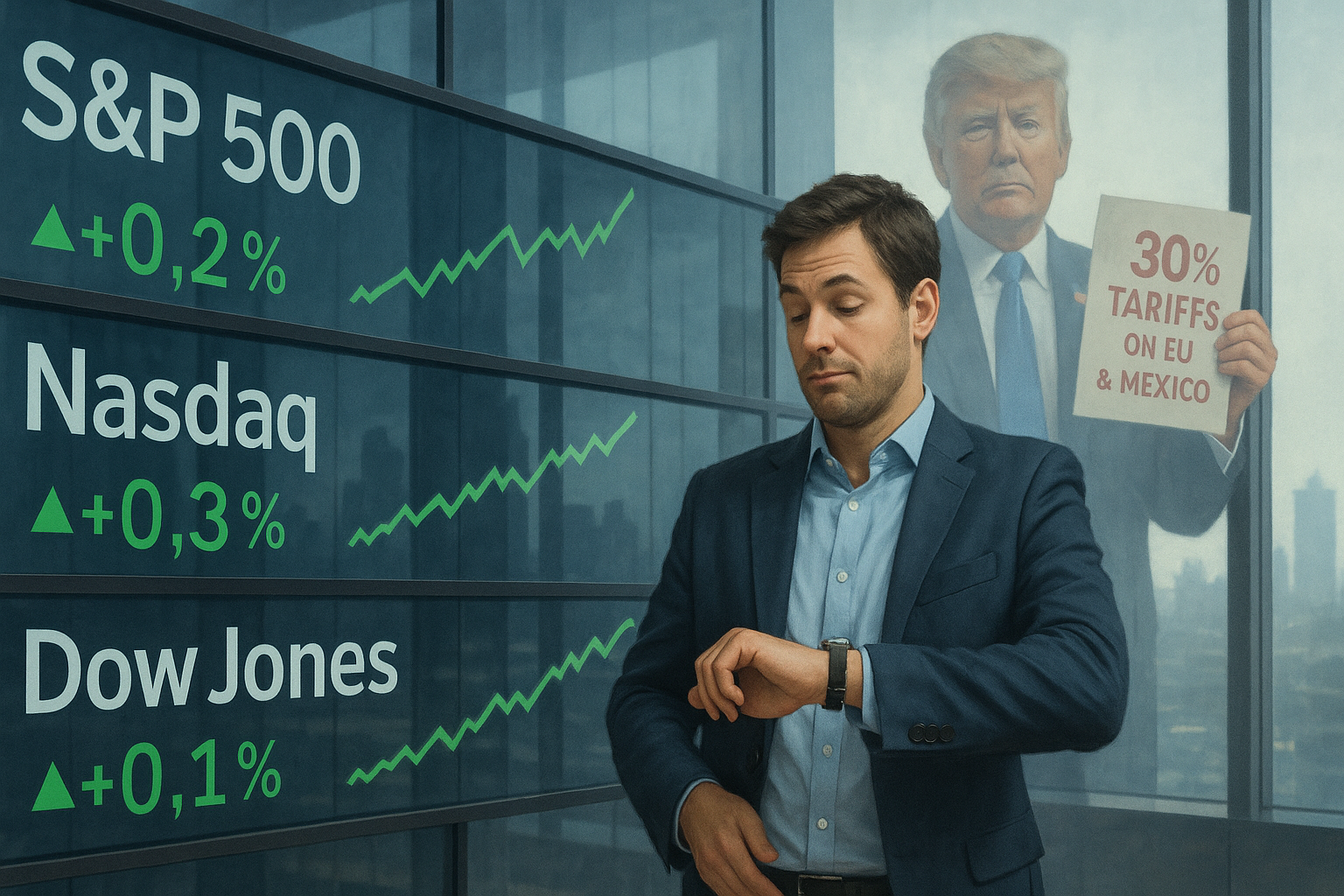When Judge Mehta floated the possibility of forcing Google to sell Chrome, the tech world collectively gasped. I mean, seriously—divesting Chrome from Google? Five years ago, that kind of talk would've gotten you laughed out of any respectable Silicon Valley conference room. Yet here we are.
Barclays analyst Ross Sandler dropped what can only be described as financial nightmare fuel on Monday. His analysis suggests a Chrome divestiture could slash Alphabet's market cap by a staggering 15-25% and potentially gut earnings by 30%. Ouch.
I've been covering Google since the days when "don't be evil" wasn't yet ironic, and this feels different. This isn't just another regulatory slap on the wrist—it's existential.
Think about Google's business for a minute. It's built like those Russian nesting dolls, with search at the very center and other products—like Chrome—forming protective layers that funnel users back to the moneymaker. Chrome isn't just a browser; it's a search delivery pipeline with 4 billion users that channels roughly 35% of Google's search revenue. Remove that, and... well, the metaphor about load-bearing walls and collapsing roofs comes to mind.
What's fascinating (and kinda terrifying if you're an Alphabet shareholder) is that the market doesn't seem to have fully digested this risk. Most investors I've spoken with over the past week view a Chrome separation as something akin to a financial asteroid strike—theoretically possible but not worth losing sleep over.
But here's the thing about black swan events in antitrust cases: judges have been increasingly willing to consider structural remedies that once seemed unthinkable. Just ask Ma Bell. Or Standard Oil. History doesn't repeat, but it sure does rhyme.
The timing couldn't be worse for Google. With Alphabet shares already down 10.6% year-to-date, the company's facing this potential crisis from a position of relative weakness. That other news about the $500 million settlement with shareholders over antitrust violations? Barely registered. It's like worrying about a paper cut when there's a chainsaw hovering nearby.
Sandler's speculation about potential buyers is where things get really wild. OpenAI? Anthropic? Perplexity? Imagine Chrome—with its billions of users—becoming the gateway to some AI company's search alternative. That's not just Google losing Chrome; that's Google watching Chrome become the trojan horse that destroys its core business.
Look, the judge could still opt for less drastic measures. The DOJ has also suggested forcing Google to share search data with competitors or banning those default search deals that keep Google omnipresent. Those would hurt, sure, but they're flesh wounds compared to the amputation of Chrome.
We won't know until August, and Google will appeal faster than you can say "monopolistic practices." So we're looking at years—yes, years—of uncertainty ahead.
For investors, this creates one of those head-scratching risk scenarios where the upside is basically "things stay mostly the same" while the downside is "oh dear god no." Having covered tech investments for most of my career, I can tell you this is precisely the kind of asymmetric risk that keeps portfolio managers reaching for the Tums at 3 a.m.
I mean, think about it... we're casually discussing the forced sale of a product with 4 BILLION users. The scale is staggering. The only comparable tech breakup might be the Microsoft case in the '90s, and even that didn't end with Windows and Office getting a divorce.
Markets are funny things—they tend to ignore tail risks until suddenly those risks become the base case. Right now, Chrome divestiture seems improbable to most. But probabilities shift fast when judges start making rulings.
August is gonna be one hell of a month for Google. And if you're holding Alphabet stock? Might be time to really think about how much regulatory risk is actually baked into that share price.
Because from where I'm sitting? Not nearly enough.




